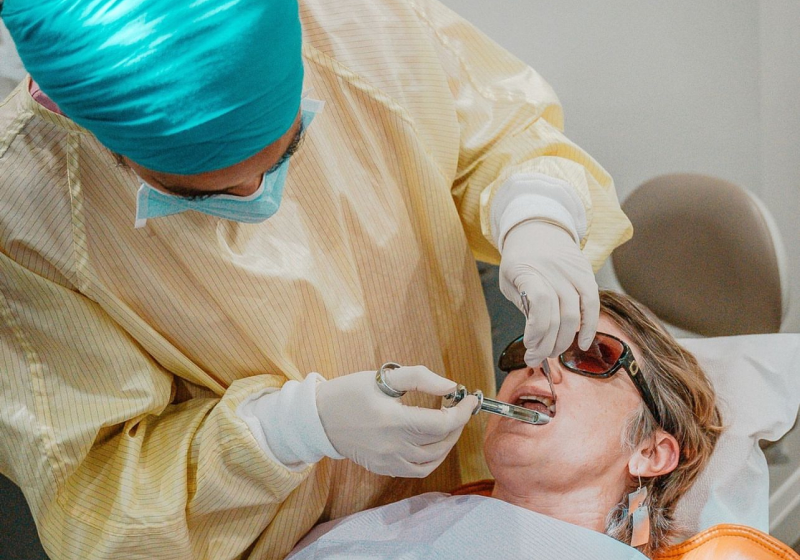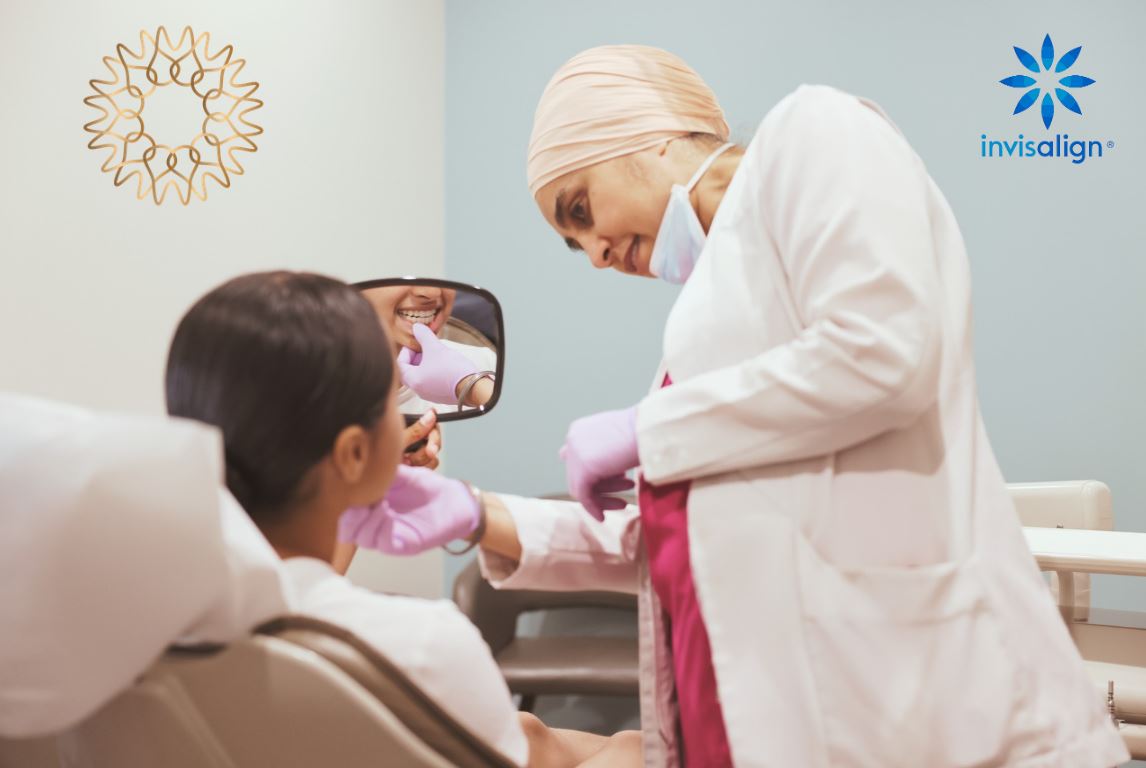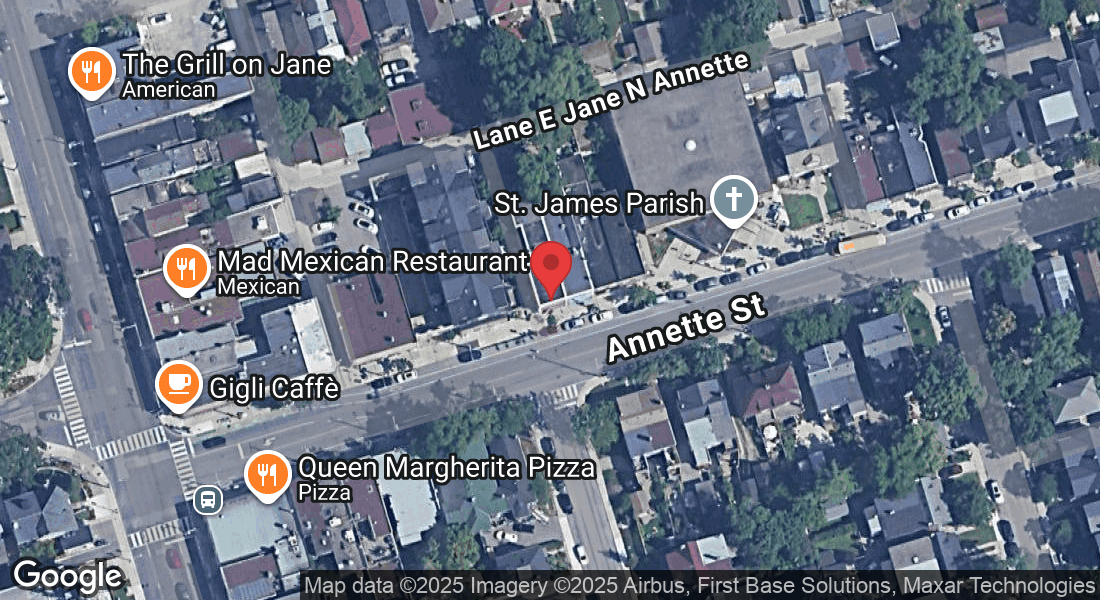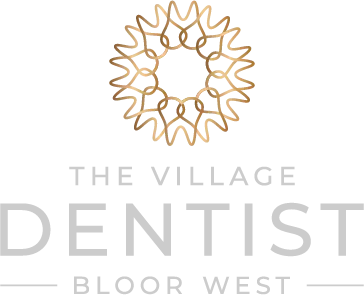Experience Matters
Your doctor's experience is paramount. Dr Kaur brings 25 years of expertise, ensuring every procedure is executed with precision and care. This depth of experience translates to safer treatments, personalized care, and optimal outcomes.
About Us
Quality dental care, minus the stress.
We make looking after your smile simple, affordable, and comfortable.

CDCP Accepted & Instant Claims
We accept the Canadian Dental Care Plan (CDCP) with direct billing. For private insurance, we submit your claims electronically for you instantly, so you get reimbursed fast, often in 24-48 hours

Open Evenings & Saturdays
Busy schedule? We are open when you are. From early mornings to late evenings and weekends, book an appointment that fits your life, not ours.

25 Years Serving Bloor West
Dr. Kaur and her team have been trusted by Bloor West, High Park and Junction families for over two decades. Experience consistent care from a team that knows your name.

25+
YEARS EXPERIENCE
10,000+
Beautiful Smiles
200,000+
In Office Dental Procedures
1,000+
Straight Smiles Created
Our Services
We are committed to providing a wide range of dental services.

Family Dentistry & CDCP Care
We treat your whole family, from toddlers to seniors. Now accepting new patients under the Canadian Dental Care Plan (CDCP) with direct billing. Exams, cleanings and checkups made easy.

Invisalign & Cosmetic Makeovers
Platinum Invisalign Provider. Straighten your teeth without braces starting at $250/mo. Get a free smile simulation and see your new look before you start.

Implants & Tooth Replacement
Missing a tooth? Don't settle for gaps or loose dentures. We use advanced 3D scanners to place precision implants that look and feel just like your natural teeth.
Rediscover the joy of eating steak, apples and smiling with full confidence.
Invisalign
Straight Teeth, No Braces. The Platinum Experience
We are a Top 5% Invisalign Provider in North America. Get the smile you want from the experts who do it best

Free 3D Smile Scan
See your future smile instantly with our iTero digital scanner. No messy goop.

Faster Results
Our expert planning often cuts treatment time in half compared to traditional braces.

All-Inclusive Pricing
No hidden fees. Your retainers and whitening are included in your clear pricing
Our Team
Meet the Dentist behind your smile

Meet Dr. Abinaash Kaur
Chief Dentist & Owner
I started this practice with a simple goal: to take the "fear" out of dentistry. I know that for many, walking into a dental office is stressful. You might be worried about judgment, pain, or cost.
That is why my team and I have spent the last 25 years building something different here. We combine the high-level expertise of a Top 5% Invisalign Provider with the warmth of a neighbor who knows your name. Whether you are here for a full cosmetic makeover or just a reassuring hand during a checkup, we are here to help you smile without stress.
"True health isn't just the absence of pain; it's the confidence to laugh, eat, and smile without holding back. Your mouth is the gateway to your body's wellness, and we treat it with the respect it deserves." Dr Abinaash Kaur
Welcome to The Village Dentist.
We Treat People, Not Just Teeth: We know there is a human attached to that tooth. We listen to your goals and fears before we even turn on the light.
The "No-Lecture" Zone: Whether it's been 6 months or 6 years since your last visit, you will never get a lecture here, only help.
Your "Forever" Dental Home: We don't do "revolving door" dentistry. We are here to see your kids grow up, your parents age with dignity, and your smile stay healthy for life
Come visit us and experience compassionate care.
Contact Us!
Ready to Book?
Testimonials
Stories from Our Community
Frequently Asked Questions
Do you direct bill my insurance company?
For the Canadian Dental Care Plan (CDCP), yes—we bill the government directly. For private insurance (Sun Life, Manulife, etc.), we offer Instant Electronic Submission. We submit your claim for you before you leave. Most patients receive their reimbursement in their bank account within 24–48 hours. (Pro Tip: This lets you collect credit card points on your visit while getting paid back fast!)
Do you accept the Canadian Dental Care Plan (CDCP)?
Yes! We are actively welcoming new patients under the CDCP. We handle the direct billing with Sun Life for you. Simply bring your CDCP card and ID to your appointment, and we will take care of the rest.
How much does Invisalign cost?
As a Platinum Provider, we offer competitive pricing starting as low as $250/month with our flexible payment plans. We offer a Free Smile Simulation so you can see your results and get an exact quote before you commit.
I’m nervous about the dentist. Do you offer sedation?
Yes, absolutely. We specialize in treating anxious patients and offer sedation options to help you relax completely during your visit. Our team is trained to go at your pace, no judgment, just comfort. Let us know when you book, and we will ensure you are taken care of.
Where can I park?
There is plenty of convenient street parking directly on Annette Street and the surrounding side streets. You won't have to fight for a spot or pay for expensive garage parking.
How do I know if I need cosmetic dentistry?
If you’re looking to improve the appearance of your smile—through whitening, veneers, or reshaping—cosmetic dentistry may be a great option for you. We’ll guide you based on your goals.
What are your fees for a checkup and cleaning?
We follow the current Ontario Dental Association (ODA) Fee Guide, which ensures fair and transparent pricing for all our patients. We believe in high-quality care at the standard provincial rates, with no hidden "premium" fees.
Do you treat children?
Yes! In fact, we see a higher-than-average number of children compared to most general practices. We are proud to be the "dental home" for families across Bloor West, High Park and The Junction. We love watching our "Village Kids" grow, many of our teenage patients have been with Dr. Kaur since their very first visit as infants. We make visits fun so they grow up loving the dentist!
Schedule an appointment with us today!
"From Monday to Friday, our caring dental team is here to provide gentle, personalized care to keep your smile healthy, bright, and confident."



